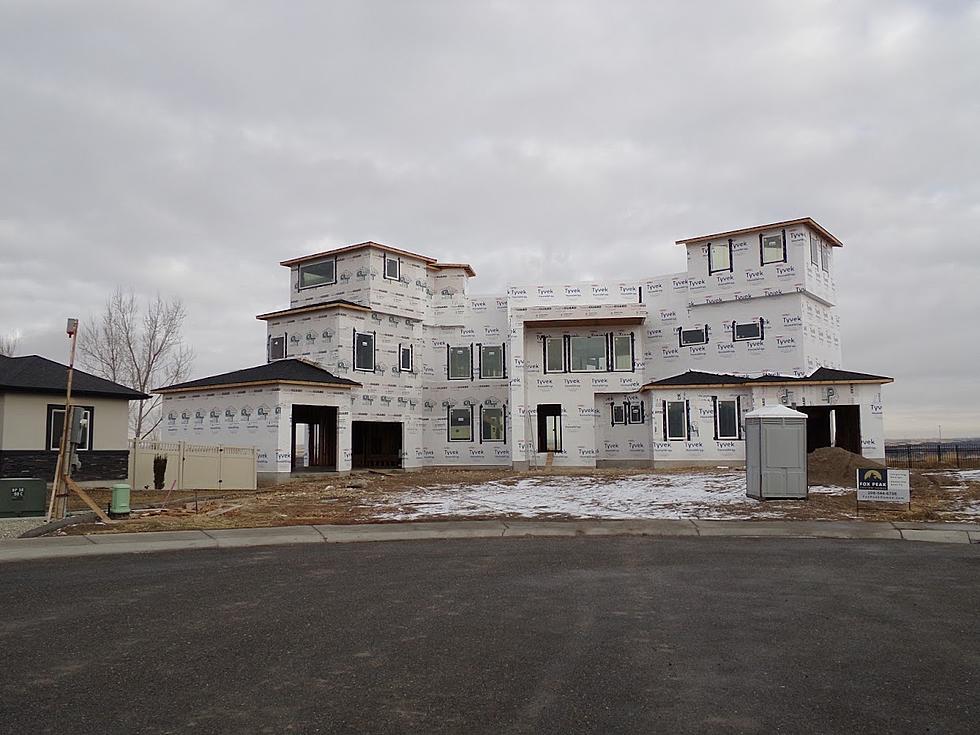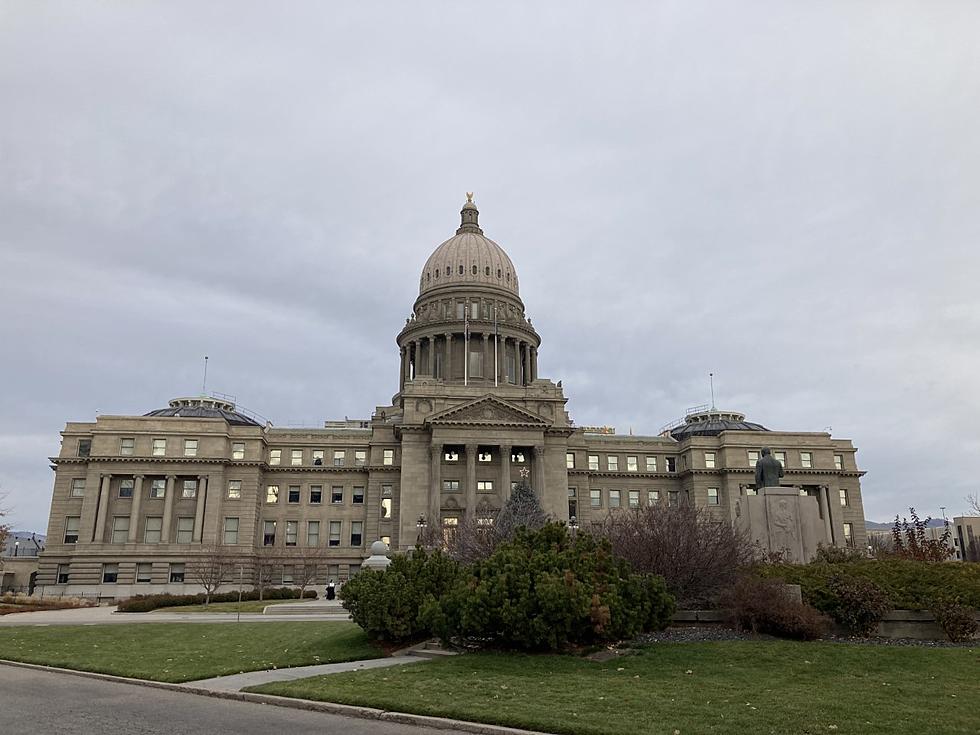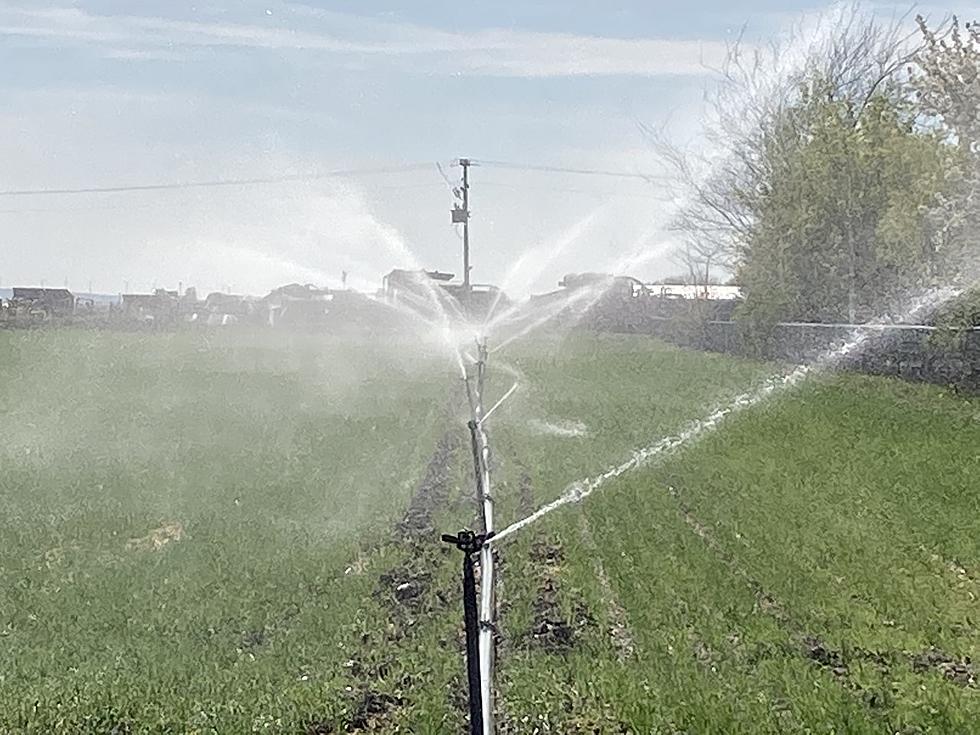
Key Idaho Water Legislation Fails in Senate Committee
BOISE, Idaho (AP) — Legislation that supporters say is critical to preserving a historic water agreement between two sets of water users and is intended to prevent declines in a giant Idaho aquifer relied on by farmers and cities failed in a Senate committee on Monday.
The Senate Resources and Environment Committee voted 4-4. Tie votes are treated as defeats.
The 2015 agreement is intended to stabilize the level of the Lake Erie-sized Eastern Snake Plain Aquifer in eastern Idaho so that surface users and groundwater pumpers have a reliable source of water.
But a small number of groundwater pumpers are ignoring the agreement, causing others to also consider abandoning the deal. The legislation was intended to give the state authority to bring those recalcitrant groundwater pumpers in line with the threat of cutting off their water.
"I don't know that the committee understands that if we don't do something about the outliers or the free-riders, that the settlement agreement that's between the surface and the groundwater users will probably fail in the next few years," said Lynn Tominaga, executive director of the Idaho Ground Water Association, a group that promotes and assists the groundwater industry and supported the legislation.
Idaho's existing water law says "first in time is first in right," meaning water-rights holders with older rights have priority to water when there's not enough for everybody. The surface water users have water rights dating to the 1880s, predating groundwater pumpers with rights from the 1950s.
When the aquifer level drops due to groundwater pumpers, springs used by surface water users dry up. That means senior water rights holders aren't getting their fair share of water under Idaho law, requiring the state to step in and shut down groundwater pumpers, including cities that pump water for residents.
The legislation would have given the state additional authority to cut off water to those groundwater pumpers ignoring the agreement, including those with older rights than groundwater pumpers honoring the agreement.
"I'm not aware of any current authority that would allow me to come in and do or accomplish what the statute proposed," said Gary Spackman, director of the Idaho Department of Water Resources.
It's possible the legislation could return because the committee was short one member at the time of the vote.
More From News Radio 1310 KLIX









